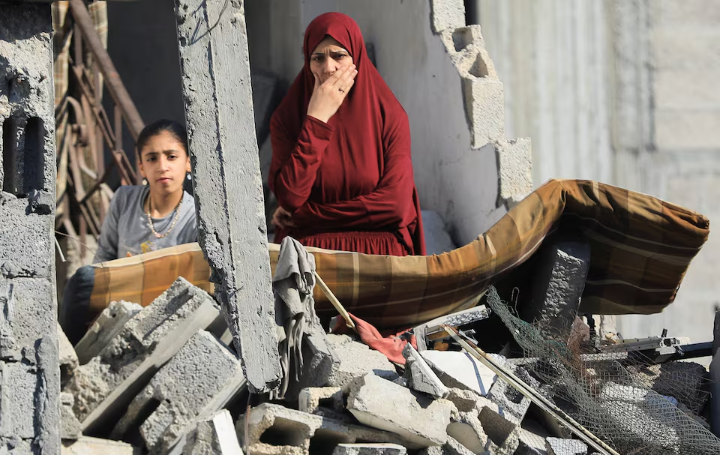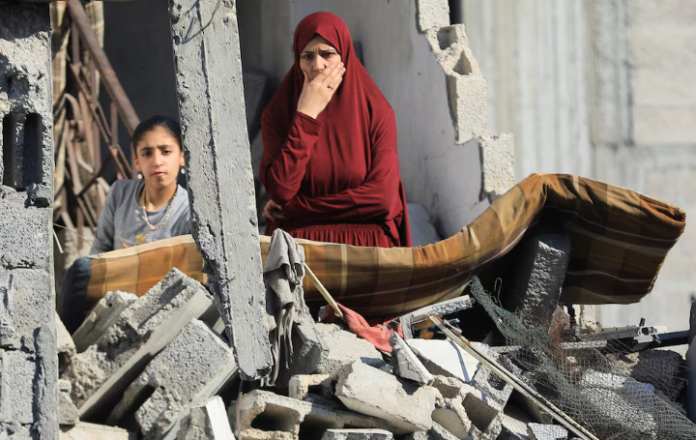The humanitarian crisis in Gaza continues to worsen as the United Nations warns that the trickle of food aid entering the region is nowhere near enough to meet the needs of the population. Despite Israel easing its blockade earlier this week, aid deliveries are being severely disrupted—both by logistical bottlenecks and by rising insecurity on the ground.
According to UN officials, at least 500 to 600 aid trucks are required daily to meet basic humanitarian needs in Gaza. However, since Monday, only 305 trucks have made it through the Kerem Shalom border crossing. And even among those that entered, many never reached the people who need them most.
The World Food Programme (WFP) has reported that 15 trucks carrying flour were looted near the city of Khan Younis. “Hunger, desperation and anxiety over whether more food aid is coming is contributing to rising insecurity,” the WFP stated. Armed individuals—some allegedly affiliated with local militias—have intercepted shipments intended for starving families.
A coalition of Palestinian aid groups condemned these acts, stating, “They stole food meant for children and families suffering from severe hunger.” In addition to the looting, six Palestinian security personnel guarding the trucks were reportedly killed in an Israeli airstrike.
Israel has defended its actions, saying that some looters may be disguising themselves as security personnel to sabotage aid delivery. The Israeli military claims it has allowed over 300 trucks since Monday and continues to facilitate more shipments. Still, aid groups on the ground argue that Israel’s current measures are insufficient.
Meanwhile, airstrikes have intensified. Overnight, Israel struck 75 targets across Gaza, including alleged weapons storage facilities. At least 25 Palestinians were killed in the bombings, according to Gaza’s medical services. Since the start of the military operation in October 2023—launched in response to a deadly Hamas attack—more than 53,600 Palestinians have been killed, local health authorities report.

The UN Secretary-General António Guterres described the situation as “desperation,” urging for immediate, unrestricted access to humanitarian aid. He warned, “Without rapid, reliable, safe and sustained aid access, more people will die – and the long-term consequences on the entire population will be profound.”
Germany echoed this sentiment, calling the current aid delivery “far too little, too late and too slow.”
Israel has announced a new U.S.-backed aid system involving private contractors and four southern distribution centers. However, the UN has rejected the plan, saying it compromises the neutrality of aid operations and could be subject to political manipulation.
As Gaza’s 2 million residents are squeezed into increasingly confined areas under continuous bombardment, international pressure is mounting for a sustainable and humane solution. But with conditions deteriorating and aid falling far short of what’s needed, time is running out for Gaza’s civilians.



